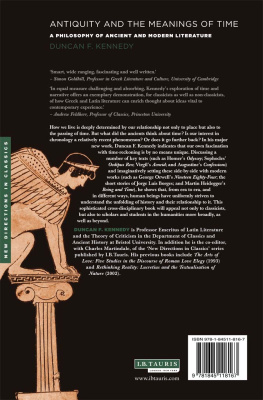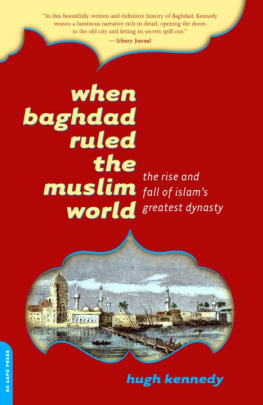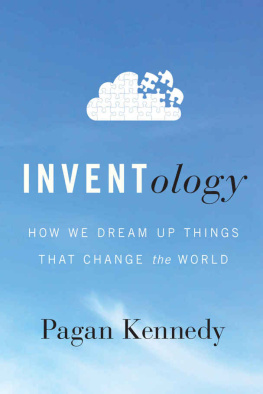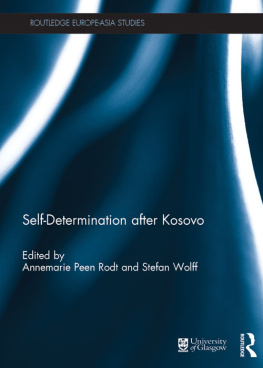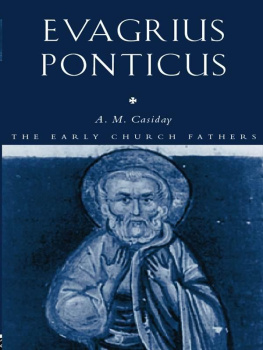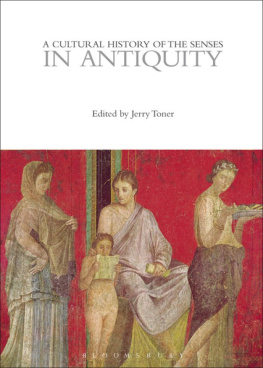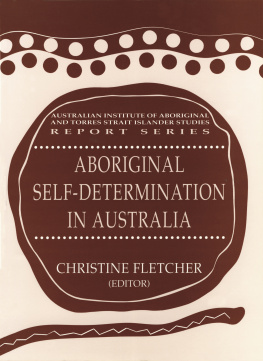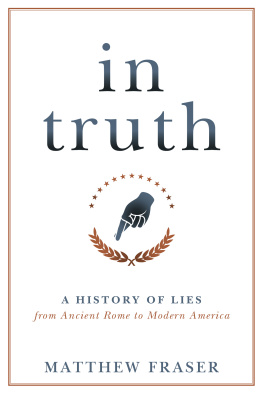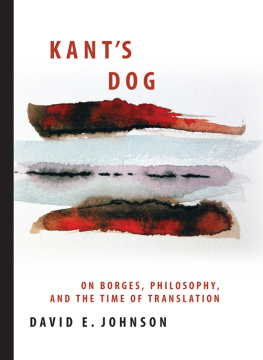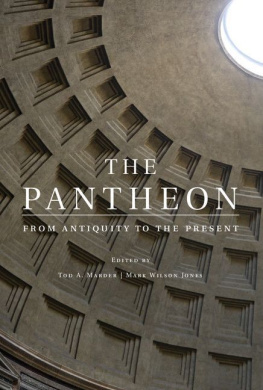Society and contemporary culture seem forever fascinated by the topic of time. In modern fiction, Ian McEwan (The Child in Time) and Martin Amis (Times Arrow) have led the way in exploring the human condition in relation to past, present and future. In cinema, several cultural texts (Memento, Minority Report, The Hours) have similarly reflected a preoccupation with temporality and human experience. And in the sphere of politics, debates about the end of history, prompted by Francis Fukuyama, indicate that how we live is deeply determined by our relationship not only to place but also to the passing of time. But what did the ancients think about time? Is our interest in chronology a relatively recent phenomenon? Or does it go further back? In his major new work, Duncan F. Kennedy indicates that our own fascination with time-reckoning is by no means unique. Discussing a number of key texts (such as Homers Odyssey; Sophocles Oedipus Rex; Virgils Aeneid; and Augustines Confessions) and imaginatively setting these side-by-side with modern works (such as George Orwells Nineteen Eighty-Four; the short stories of Jorge Luis Borges; and Martin Heideggers Being and Time), he shows that, from era to era, and in different ways, human beings have uniformly striven to understand the unfolding of history and their relationship to it. This sophisticated cross-disciplinary book will appeal not only to classicists, but also to scholars and students in the humanities more broadly, as well as beyond.
Duncan F. Kennedy is Professor Emeritus of Latin Literature and the Theory of Criticism in the Department of Classics and Ancient History at Bristol University. In addition he is the co-editor, with Charles Martindale, of the New Directions in Classics series published by I.B.Tauris. His previous books include The Arts of Love: Five Studies in the Discourse of Roman Love Elegy (1993) and Rethinking Reality: Lucretius and the Textualisation of Nature (2002).
Smart, wide ranging, fascinating and well written.
Simon Goldhill, Professor in Greek Literature and Culture,
What distinguishes Duncan Kennedys approach to the subject of time in antiquity is his focus on how conceptions of time are constituted in and by narrative. Where many scholars might use works like the Confessions, the Aeneid, Oedipus the King, Lucretius On the Nature of Things, or Livys History as fragments allowing us to look backwards and recover the different thought worlds of Greece and Rome, Kennedys dazzlingly precise readings treat them as integral manifestations of times workings. And his lucid analyses look emphatically forward to place these works not so much behind as alongside those of Barthes, Amis, Borges and Heidegger in investigating how texts shape the way we think about divinity and empire, truth and free will. In equal measure challenging and absorbing, Kennedys exploration of time and narrative offers an exemplary demonstration, for classicists as well as non-classicists, of how Greek and Latin literature can enrich thought about ideas vital to contemporary experience.
Andrew Feldherr, Professor of Classics, Princeton University

In memory of
Rev. Thomas Henry Kennedy
1916 1970
A life metaphysical
NEW DIRECTIONS IN CLASSICS
Editors
Duncan F. Kennedy (Emeritus Professor of Latin Literature and the Theory of Criticism, University of Bristol) and Charles Martindale (Professor of Latin, University of Bristol)
Editorial board
George Boys-Stone (University of Durham)
Stuart F. Gillespie (University of Glasgow)
Nicoletta Momigliano (University of Bristol)
Robin Osborne (University of Cambridge)
Richard Thomas (Harvard University)
Joy Connolly (New York University)
Miriam Leonard (University College London)
Neville Morley (University of Bristol)
Marilyn Skinner (Arizona University)
Greg Woolf (University of St Andrews)
Published in association with the Institute of Greece, Rome and the Classical Tradition, University of Bristol.
In the last generation Classics has changed almost beyond recognition. The subject as taught thirty years ago involved enormous concentration on just two periods: fifth-century Athens and late Republican Rome. There was no reception, virtually no study of women or popular culture, and little attention given to late antiquity. Today, Classics at its best again has an unusually broad interdisciplinary scope, and reaches out to the arts and humanities generally as well as beyond. It is just such a New Classics that this exciting series seeks to promote an open-minded Classics committed to debate and dialogue, with a leading role in the humanities; a Classics neither antiquarian nor crudely presentist; a Classics of the present, but also of the future. New Directions in Classics aims to do something fresh, and showcase the work of writers who are setting new agendas, working at the frontiers of the subject. It aims for a wide readership among all those, both within the academy and outside, who want to engage seriously with ideas.
TITLES IN THE SERIES
The Modernity of Ancient Sculpture: Greek Sculpture and Modern Art from Winckelmann to Picasso Elizabeth Prettejohn
A Spectacle of Destruction: Pompeii and Herculaneum in Popular Imagination Joanna Paul
Empire without End: Postcolonialism and the Ancient World Phiroze Vasunia
Thucydides and the Idea of History Neville Morley
The Reception of Virgil: Landscape, Memory and History Juan Christian Pellicer
The Classical Tradition: Transmitting Antiquity and its Culture Timothy Saunders
Antiquity and the Meanings of Time: A Philosophy of Ancient and Modern Literature Duncan F. Kennedy
Published in 2013 by I.B.Tauris & Co Ltd
6 Salem Road, London W2 4BU
175 Fifth Avenue, New York NY 10010
www.ibtauris.com
Distributed in the United States and Canada Exclusively by Palgrave Macmillan 175 Fifth Avenue, New York NY 10010
Copyright 2013 Duncan F. Kennedy
Cover illustration: Oedipus answering the questions of the sphinx in Thebes, cup, 5th century BC. Apic/Getty Images.
The right of Duncan F. Kennedy to be identified as the author of this work has been asserted by him in accordance with the Copyright, Designs and Patents Act 1988.
All rights reserved. Except for brief quotations in a review, this book, or any part thereof, may not be reproduced, stored in or introduced into a retrieval system, or transmitted, in any form or by any means, electronic, mechanical, photocopying, recording or otherwise, without the prior written permission of the publisher.
New Directions in Classics Series: 1
ISBN: 978 1 84511 815 0 (HB)
ISBN: 978 1 84511 816 7 (PB)
eISBN: 978 0 85773 369 6
A full CIP record for this book is available from the British Library
A full CIP record is available from the Library of Congress
Library of Congress Catalogue Card Number: available
PREFACE
A n issue of abiding concern, time seems a particularly pressing one at the moment. Renewed interest in chronology and time-reckoning within specific cultural contexts; a readiness to experiment with temporality even in mainstream novels, cinema and television; the recent vogue for counterfactual history; reflections about the nature of time in physics; controversies in epistemology about relativism and in politics over the end of history all attest to current preoccupations with time. Whether events are seen as determined or as contingent deeply affects our sense of ourselves and our actions. Debates over concepts central to human experience (causation, choice, knowledge, identity, hope and desire) have often been related to human beliefs about time and the different ways we situate ourselves in relation to past, present and future.
Next page
